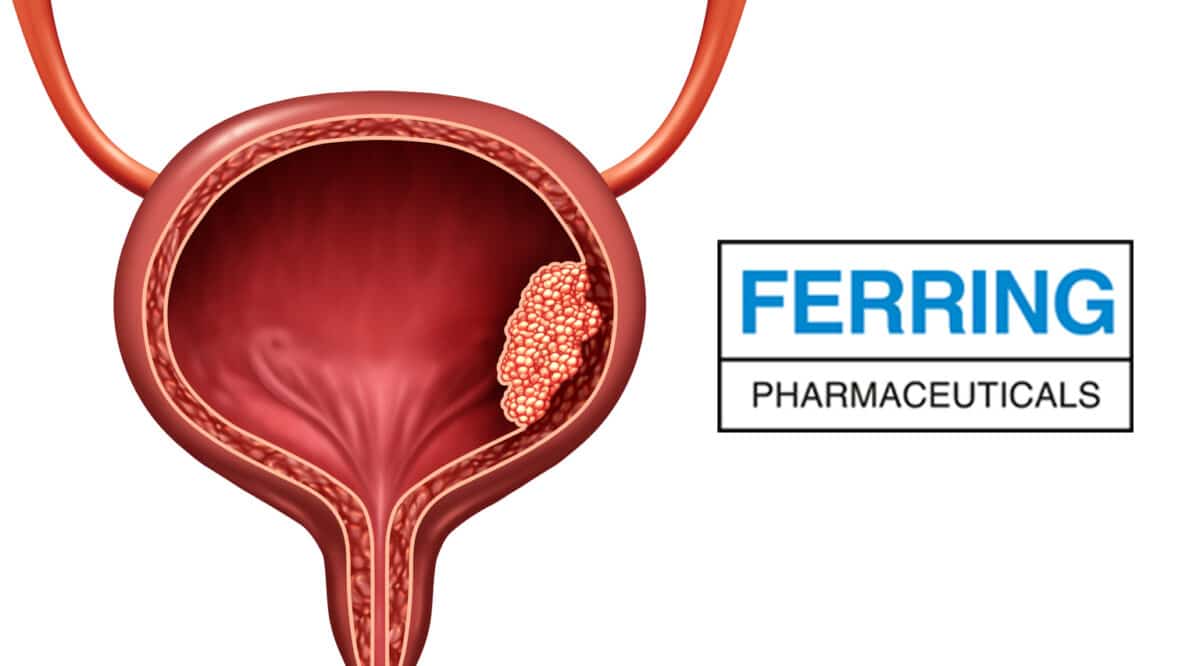Earlier this month the FDA approved a new infused therapy, Leqembi (lecanemab-irmb) from Eisai R&D Management Co., Ltd., indicated for the treatment of Alzheimer’s disease. Therapy was approved for patients with mild cognitive impairment or mild dementia stage of disease.
Alzheimer’s is an irreversible, progressive brain disorder affecting more than 6.5 million Americans that slowly destroys memory and thinking skills and, eventually, the ability to carry out simple tasks. Neither Leqembi nor Biogen’s Aduhelm are cures for Alzheimer’s. Neither medication reverses disease progression for those who have already developed symptoms of Alzheimer’s disease or to show clinically significant slowing of cognitive decline, memory loss, or personality and behavior changes.
It is expected that Leqembi will need to comply with the same barriers as Aduhelm. Currently, Medicare eligible patients must be enrolled in a clinical trial to obtain coverage. Eisai said it doesn’t expect the requirements to be revised or removed in the near term.
Eisai confirmed a launch price of $26,500 year. Biogen cut Aduhelm’s price in the U.S. by about half, effective Jan. 1, 2022. For a 74 kg (163 pounds) patient, the annual cost of Aduhelm dropped to $28,200….. a difference of about $1700 annually vs. Leqembi.
Leqembi is infused every 2 weeks vs. every 4 week infusion schedule for Aduhelm. That burden may prove to be a drag on uptake for Leqembi especially with a requirement for frequent MRIs / PET scans to confirm therapy continuation.
Eisai did not disclose plans for distribution of Leqembi at the time of the announcement. However, a press release dated January 11 confirmed that Soleo Health Specialty Pharmacy has been named as the sole distributor of Leqembi.
—————————————————————————————————–
FDA Grants Accelerated Approval for Alzheimer’s Disease
January 06, 2023 — Today, the U.S. Food and Drug Administration approved Leqembi (lecanemab-irmb) via the Accelerated Approval pathway for the treatment of Alzheimer’s disease. Leqembi is the second of a new category of medications approved for Alzheimer’s disease that target the fundamental pathophysiology of the disease. These medications represent an important advancement in the ongoing fight to effectively treat Alzheimer’s disease.
“Alzheimer’s disease immeasurably incapacitates the lives of those who suffer from it and has devastating effects on their loved ones,” said Billy Dunn, M.D., director of the Office of Neuroscience in the FDA’s Center for Drug Evaluation and Research. “This treatment option is the latest therapy to target and affect the underlying disease process of Alzheimer’s, instead of only treating the symptoms of the disease.”
Leqembi was approved using the Accelerated Approval pathway, under which the FDA may approve drugs for serious conditions where there is an unmet medical need and a drug is shown to have an effect on a surrogate endpoint that is reasonably likely to predict a clinical benefit to patients. The results of a Phase 3 randomized, controlled clinical trial to confirm the drug’s clinical benefit have recently been reported and the agency anticipates receiving the data soon.
Researchers evaluated Leqembi’s efficacy in a double-blind, placebo-controlled, parallel-group, dose-finding study of 856 patients with Alzheimer’s disease. Treatment was initiated in patients with mild cognitive impairment or mild dementia stage of disease and confirmed presence of amyloid beta pathology. Patients receiving the treatment had significant dose- and time-dependent reduction of amyloid beta plaque, with patients receiving the approved dose of lecanemab, 10 milligram/kilogram every two weeks, having a statistically significant reduction in brain amyloid plaque from baseline to Week 79 compared to the placebo arm, which had no reduction of amyloid beta plaque.
These results support the accelerated approval of Leqembi, which is based on the observed reduction of amyloid beta plaque, a marker of Alzheimer’s disease. Amyloid beta plaque was quantified using positron emission tomography (PET) imaging to estimate the brain levels of amyloid beta plaque in a composite of brain regions expected to be widely affected by Alzheimer’s disease pathology compared to a brain region expected to be spared of such pathology.
The prescribing information for Leqembi includes a warning for amyloid-related imaging abnormalities (ARIA), which are known to occur with antibodies of this class. ARIA usually does not have symptoms, although serious and life-threatening events rarely may occur. ARIA most commonly presents as temporary swelling in areas of the brain that usually resolves over time and may be accompanied by small spots of bleeding in or on the surface of the brain, though some people may have symptoms such as headache, confusion, dizziness, vision changes, nausea and seizure. Another warning for Leqembi is for a risk of infusion-related reactions, with symptoms such as flu-like symptoms, nausea, vomiting and changes in blood pressure. The most common side effects of Leqembi were infusion-related reactions, headache and ARIA.
As specified in the prescribing information, Leqembi is indicated for the treatment of Alzheimer’s disease. The labeling states that treatment with Leqembi should be initiated in patients with mild cognitive impairment or mild dementia stage of disease, the population in which treatment was studied in clinical trials. The labeling also states that there are no safety or effectiveness data on initiating treatment at earlier or later stages of the disease than were studied.
The FDA granted this application Fast Track, Priority Review and Breakthrough Therapy designations.
The approval of Leqembi was granted to Eisai R&D Management Co., Ltd.



